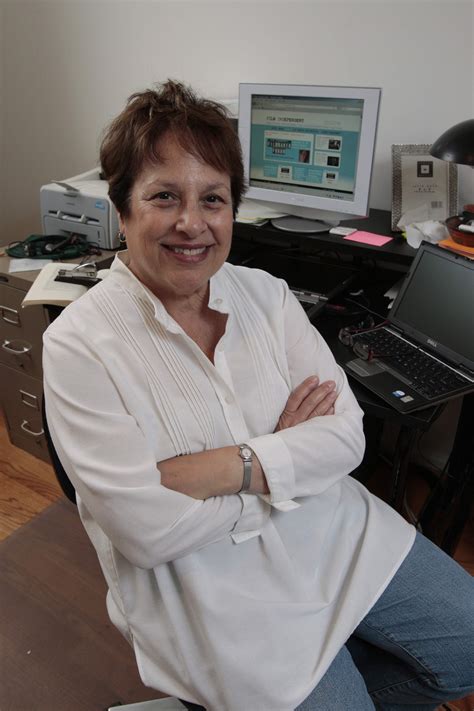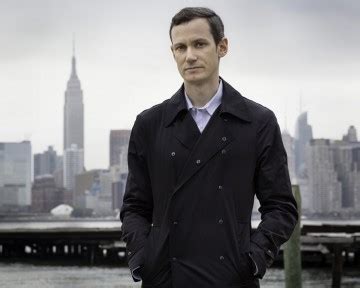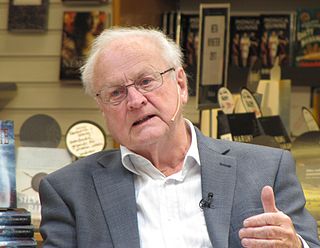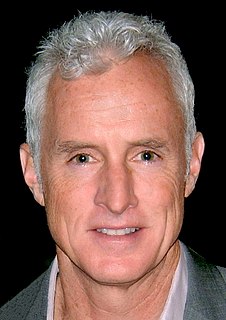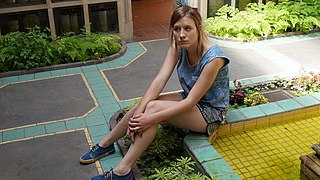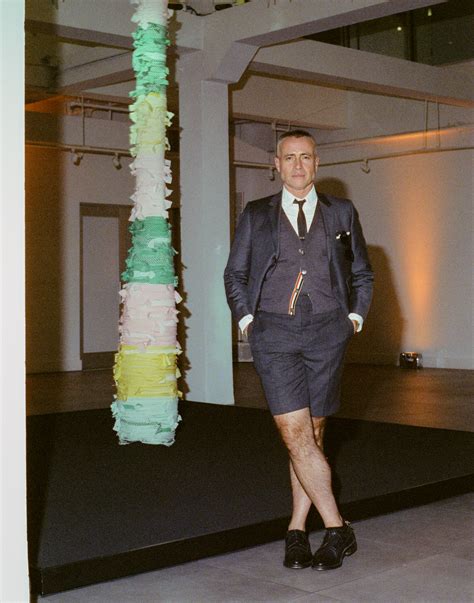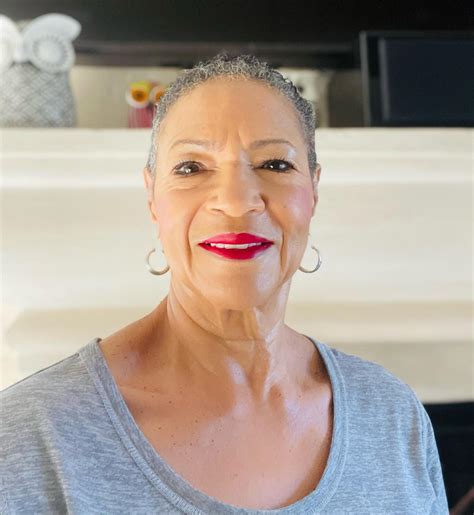A Quote by Deborah Harkness
Pamela Smith and Benjamin Schmidt have gathered together a wide-ranging and provocative set of original essays that successfully demonstrate how contingent the process of making knowledge was during a period of fundamental epistemological change. This is a finely crafted and conceptualized collection.
Related Quotes
The Restless Anthropologist is a rich, powerful, and compulsively readable collection of essays by anthropologists who look back at the multiple relationships between their serial fieldwork experiences and their lives. Illustrating the dense interweaving of the personal and the professional that is the hallmark of anthropology as a vocation, these essays are at once affectively deep reflections, and clear-eyed assessments, of lives often lived 'between here and there.' Alma Gottlieb's idea to stimulate these articles and bring together this collection was inspired.
Mystical groups such as the Theosophical Society and the Rosicrucians turned tarot into an American fad during the early 1900s. Many American tarot practitioners use a set of cards known as the Waite-Smith deck, created in 1909 by A.E. Waite, a British member of the Hermetic Order of the Golden Dawn, and the artist Pamela Colman Smith.
For a wide-ranging look at literary matters, the 'Book Review Podcast' from the 'New York Times' is still one of the best. Presented by Pamela Paul, each episode has an interview with an author - recent guests have included Neil Gaiman and Sana Krasikov - plus a roundup of the uppers, downers and hanging-arounders on the U.S. bestsellers chart.
I can say-not as a patriotic bromide, but with full knowledge of the necessary metaphysical, epistemological , ethical, political and esthetic roots-that the United States of America is the greatest, the noblest and, in its original founding principles, the only moral country in the history of the world.
Life is better lived than conceptualized. — This writing can be less demanding should I allow myself to indulge in the usual manipulating game of role creation. Fortunately for me, my self-knowledge has transcended that and I’ve come to understand that life is best to be lived — not to be conceptualized. If you have to think, you still do not understand.
I've never conceptualized much of what I write about. Maybe, once I'm onto something, I'll conceptualize a finished record. I want the songs to tie together and make sense together. I'm not like, "Oh, I want to explore this idea." That's just not how the creative process works for me. It's more like something strikes me, or finds me, and then I wrestle with it after that. I don't sit back in my armchair, like, "What kind of philosophy can I explore today?"
Who wrote the Bible? Current scholarship, to my knowledge, assumes that the material that constitutes the Old Testament was put together from various oral and folk traditions (many of them going far back) in the Hellenistic period. That was one of several currents, of which the collection that formed the New Testament was another.



